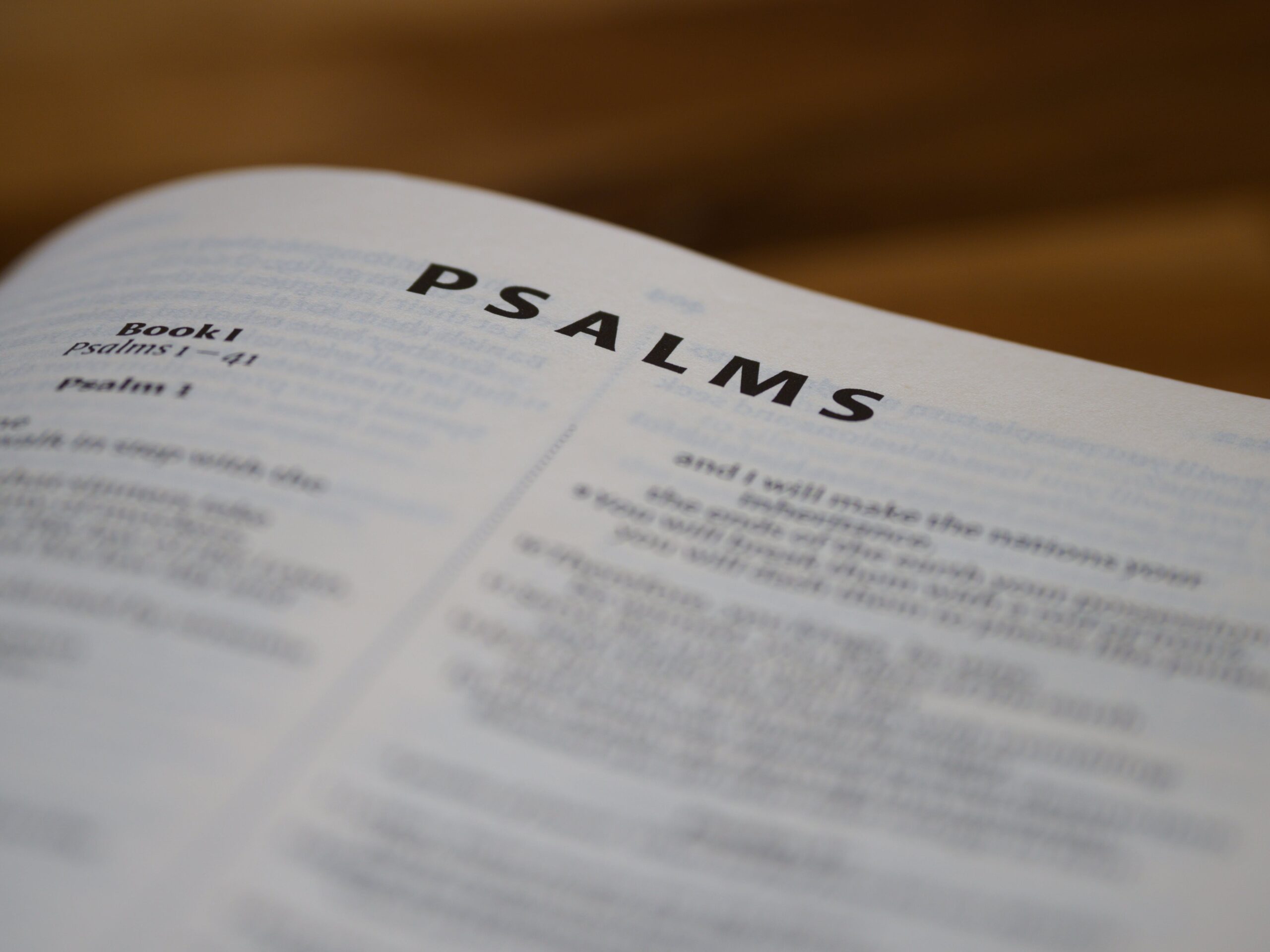Deep calls to Deep
spiritual formation in the hard places of life

The Old Testament Psalms are a timeless collection of confessions, reflections and declarations that explore the very limits of human emotions and feelings in conversation with God. They enable us to give voice to wonderful praise and thanksgivings. They also reveal how we can explore and express our deepest feelings to God when what is within us and around us appears to be very dark and threatening.
In Deep Calls to Deep, we ask the question “what is God doing in these difficult times?”
We look back at past experiences to discern the process of spiritual formation in us.
We discover more of who God is and see how God is preparing us for whatever lies ahead.
Course Content
Session 1: Introduction to the Psalms
What are the psalms and why were they written? Plus, an opportunity to perhaps start writing your own psalm.
Session 2: Psalm 145 – an alphabet of praise
Exploring life as we would always like it to be … and perhaps think it should be.
Session 3: Psalm 130 – the depths of failure
Failure has many expressions and God sometimes uses our failures to show us our need for Him. Where will we go with our failure? How will we handle our imperfections?
Session 4: Psalms 42 & 43 – the depths of despair
Depression is very common and our relationship with God can become destabilised. How can the darkness of depression serve the purposes of God?
Session 5: Psalm 69 – the depths of unjust suffering
Suffering almost always seems unjust and we ask why this, why me? … and what is God doing about it?
Session 6: Psalm 88 – the depths of darkness
Can we keep on believing in the place of total darkness where there is no experience of God at all and we feel lonely and abandoned?
Session 7: Psalm 30 – a thanksgiving song
The deepest thanksgiving comes from the deepest experiences of redemption and restoration … of what we would call resurrection.
Acknowledgements
Deep Calls to Deep draws extensively on the book Deep Calls to Deep by Tony Horsfall.
The main ideas and the framework of the course follow the structure of the book.

